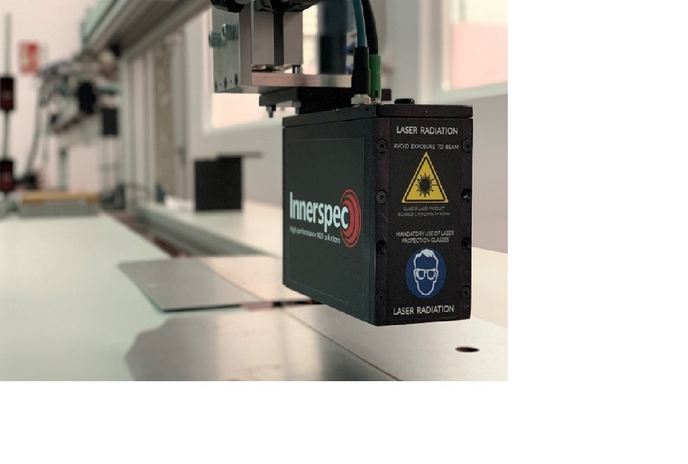Communicating Europe's intellectual capital
Modern European industries and service sectors are generally known for their high quality standards in providing products and services. Yet, to add value to their offerings, it is important to offer customers intellectual capital as well. This could be in the form of marketing recommendations, organisational skills, staff training, technical guidance and other non-tangible assets. The EU-funded project 'Intellectual capital statement - made in Europe' (INCAS) aimed to strengthen these non-tangible assets within European SMEs and make them more competitive. It wanted to help them exploit knowledge more efficiently and improve upon their success by communicating it more systematically to relevant stakeholders, be they clients, investors, partners or creditors. With this objective in mind, the project looked at ways to manage, organise and quantify intellectual capital, something which balance sheets and accounting mechanisms were not capable of doing. It aimed at implementing the concept of the intellectual capital statement (ICS) in 25 European SMEs and raise awareness about it to 1,000 others. INCAS thoroughly studied existing ICS approaches to map cultural considerations, national requirements and commonalities. It worked on developing a practical approach for SMEs that brings maximum benefit in exploiting a company's intellectual capital and unveiling its full potential. To this end, the project published a European guideline for intellectual capital statements which supports SMEs in this direction and defines standards for intellectual capital benchmarking. It also developed a software tool to help implement the system and bring added value to SMEs. If the potential of such an endeavour is fully realised, the positive impact the European knowledge economy will be inestimable.







